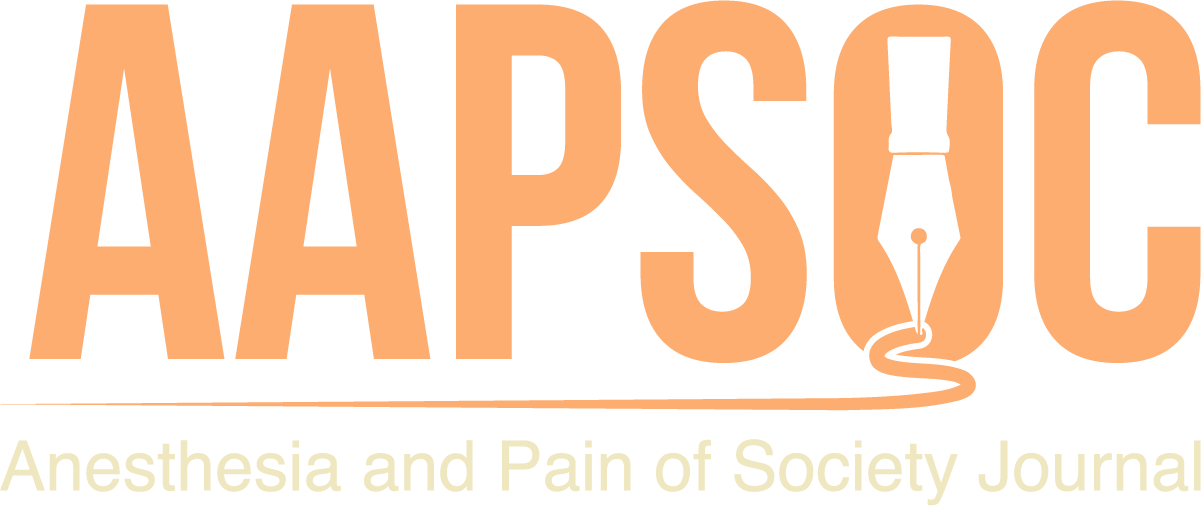Effect of Thiamine on Serum Glucagon and Reactive Oxygen Species (ROS) in Perioperative Stress Response
Authors
Abstract
Background: General anesthesia surgery induces a stress response, altering metabolic patterns and increasing glucagon and reactive oxygen species levels. Thiamine is hypothesized to mitigate this response. Methods: This randomized controlled trial employed a pretest-posttest control group design. Thirty patients undergoing surgery at Adam Malik General Hospital were randomized to receive either thiamine or normal saline. Serum glucagon and ROS levels were measured before and after intervention. Data were analyzed using SPSS 25.0 with a significance level of 0.05. Results: Baseline thiamine levels showed no significant difference between groups (p = 0.896). Post-intervention, the thiamine group exhibited significantly higher thiamine levels (8.69 ± 2.185 ng/ml) compared to the control group (4.52 ± 2.185 ng/ml, p = 0.04). ROS levels were significantly higher in the control group (363.2074 ± 103.74 ng/ml) than the thiamine group (343.239 ± 102.05 ng/ml, p = 0.040). Conclusion: Perioperative thiamine administration effectively suppressed the surgical stress response, demonstrated by decreased ROS levels. The higher thiamine levels in the treatment group suggest a potential mechanism for this effect. Further research is warranted to explore the clinical implications of these findings.
Similar Articles
- Seila Barroso, Hee Seung Kang , Effect of Intravenous Aminophylline on Recovery Acceleration from General Anesthesia in Laparotomy Patients: A Bispectral Index Evaluation , Anesthesia and Pain of Society Journal: Vol. 1 No. 1 (2025): April
- Neimar Sartins, Michael Oqbu, Impact of Ketamine-Propofol Combination (Ketofol) Versus Ketamine Alone on Blood Glucose Levels in Patients Under-going Total Intravenous Anesthesia: A Hospital-Based Clinical Study , Anesthesia and Pain of Society Journal: Vol. 1 No. 1 (2025): April
You may also start an advanced similarity search for this article.
